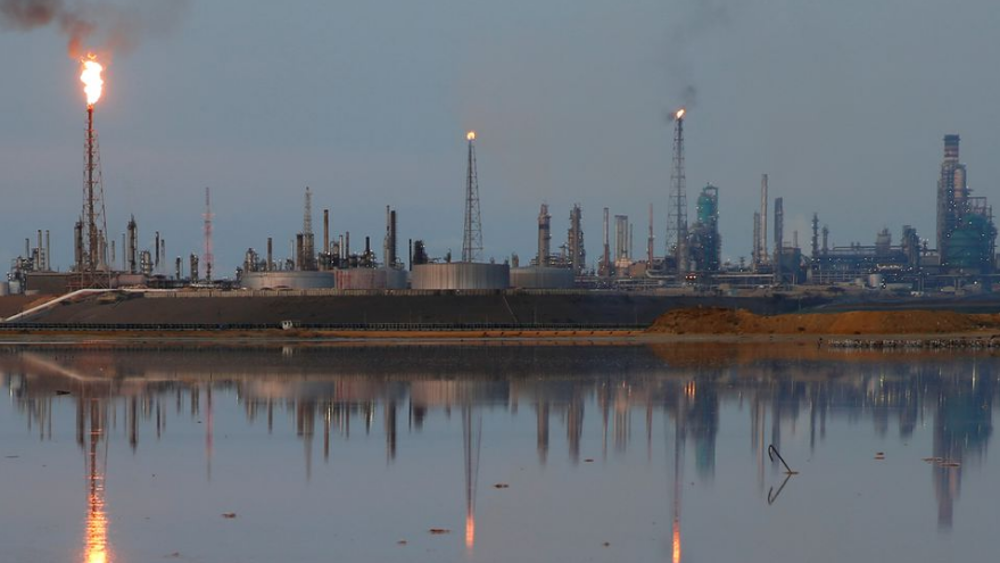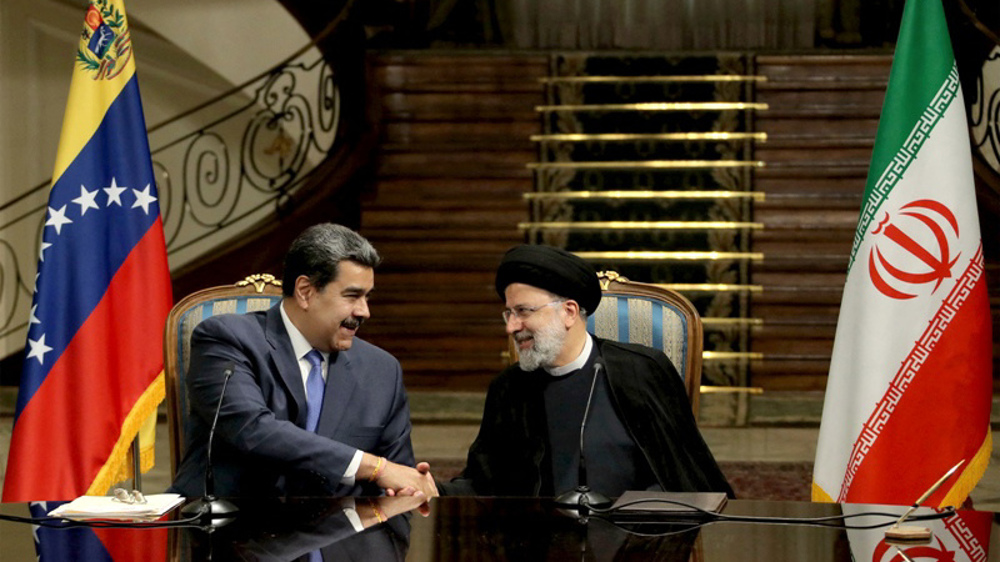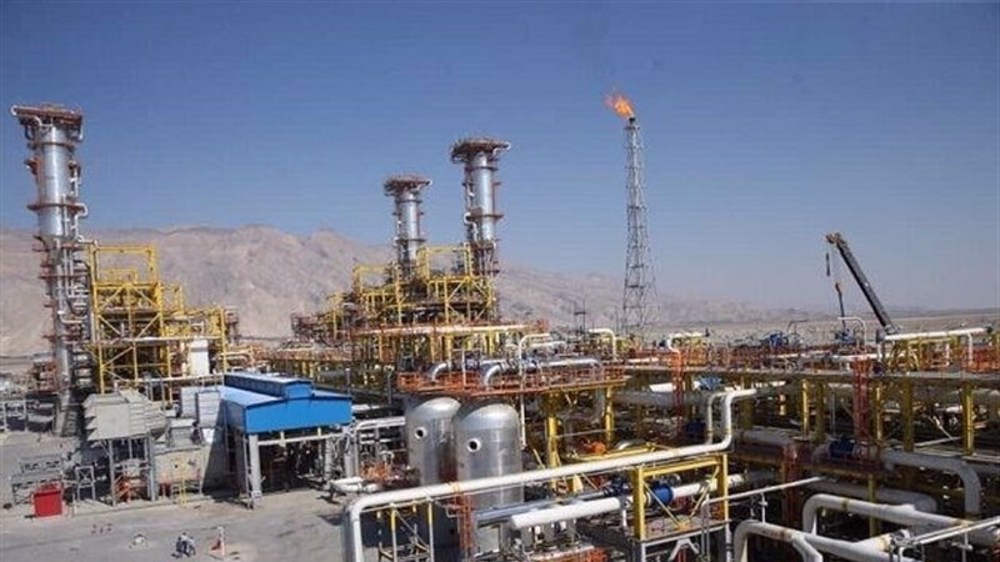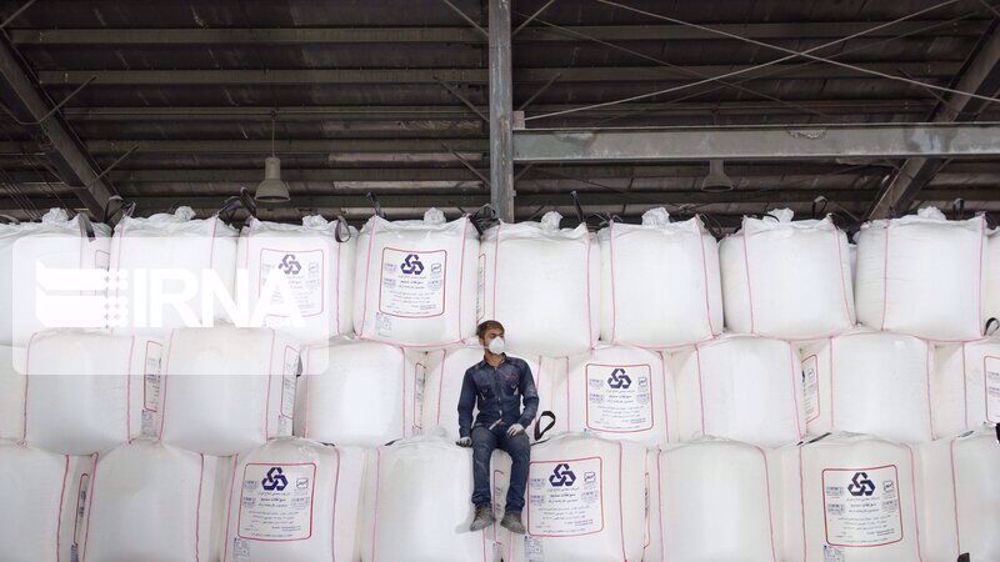How Iran boosted oil exports despite US sanctions
Protracted sanctions have prompted Iran to seriously work on buying refineries abroad with the aim of marketing its crude oil.
From Uzbekistan and Russia to Venezuela and Paraguay, the National Iranian Oil Company (NIOC) has sought to invest in plants to refine Iran’s crude oil as that would be more economical for the country -and some of the plans have come to fruition.
Iran's oil exports have been affected by various sanctions for about a decade, with the former US administration even trying to reduce them to zero. Although the goal was never realized, Iran’s oil exports and access to its money were severely limited after then president Donald Trump pulled the US out of the Iran nuclear deal in 2018 and decided to pile pressure on Tehran, including round after round of economic sanctions.
With the inauguration of the new Iranian government in August 2021, efforts to ramp up Iran’s oil exports and develop the petroleum industry after a period of hibernation gathered momentum, and in the very first months, Iranian oil flowed back to the market through new routes so much so that President Ebrahim Raeisi announced a 40% increase in oil exports at the end of the last Persian year in March.
Besides exporting oil through its traditional routes, Iran took another path: using the oil refineries of other countries that were not operating at their full capacity and were waiting for crude oil.
In this way, Iran marketed its crude oil in ways quite different from the old methods, which enabled it to both increase its oil production and export, and bring higher added value to the country by refining oil in other countries where oil products could be sold in the market of the same country and exported.
The first case of Iranian oil shipment to another country and refining there was Venezuela, where Iran’s Ministry of Petroleum bought shares in El Palito and Paraguana refineries with a capacity of 140,000 and 955,000 barrels per day. This marked the first export of Iranian oil and gas condensate to Venezuela.
In the previous government, although Iran had exported gasoline to Venezuela at times, the exports were not continuous, but with a stake bought in the South American country's refineries, in addition to increasing its oil exports, Iran was able to create a new financial ecosystem for the country.
Then, there was Iran’s purchase of shares at the Supremo Sueno de Bolivar (Bolivar's Ultimate Dream) refinery with a capacity of 100,000 barrels per day in Nicaragua. But Iran did not limit its operations only to South America, with Al Furqlus in Syria becoming the fourth refinery in which the Islamic Republic bought a share with a capacity to refine 140,000 barrels per day of oil.
A further expansion of the plan, in addition to guaranteeing oil exports, will make the sanctions ineffective on Iran’s oil exports. In fact, by becoming a shareholder in refineries abroad, Iran buys the demand of the importing country and acquires a part of that country's oil market.
The issue did not escape mention at the last month’s Shanghai Cooperation Organization summit in Samarkand where Iran’s Minister of Petroleum Javad Owji underlined the importance of owning shares in refineries abroad.
In his meeting with Uzbekistan’s energy officials, Owji reviewed six areas of cooperation between the two countries, one of which is the export of technical and engineering services to the Central Asian nation, rehabilitation of the Bukhara and Ferghana refineries and export of Iranian oil to the country.
Uzbekistan currently has 230,000 barrels a day of refining capacity, half of which is empty. To bridge this gap, Iran will be able to export more than 100,000 barrels of crude oil per day on top of petroleum products churned out in the process of the refining.
This will expand the span of Iran's refineries abroad from Central Asia to South America, and allow the country to increase its oil production and export without worrying about the economic shocks caused by the sanctions.
It will also get many countries involved in Iranian oil, making it difficult for the US to impose unilateral sanctions on a large number of nations with common economic interests.
'Capitulation': Israeli officials and media concede Gaza defeat as truce unfolds
'Gaza has won': Social media users react to ceasefire with mix of relief, joy
Iran seeks South Korea’s assistance for AI, fiber-optic projects
VIDEO | Iran's 'Eqtedar' (Power) maneuver
Israel hits HTS military target in Syria for 1st time since fall of Assad
VIDEO | Press TV's news headlines
Israel has slaughtered 13,000 students in Gaza, West Bank
VIDEO | More Zionist than Zionists: Biden’s legacy to be defined by Gaza genocide











 This makes it easy to access the Press TV website
This makes it easy to access the Press TV website